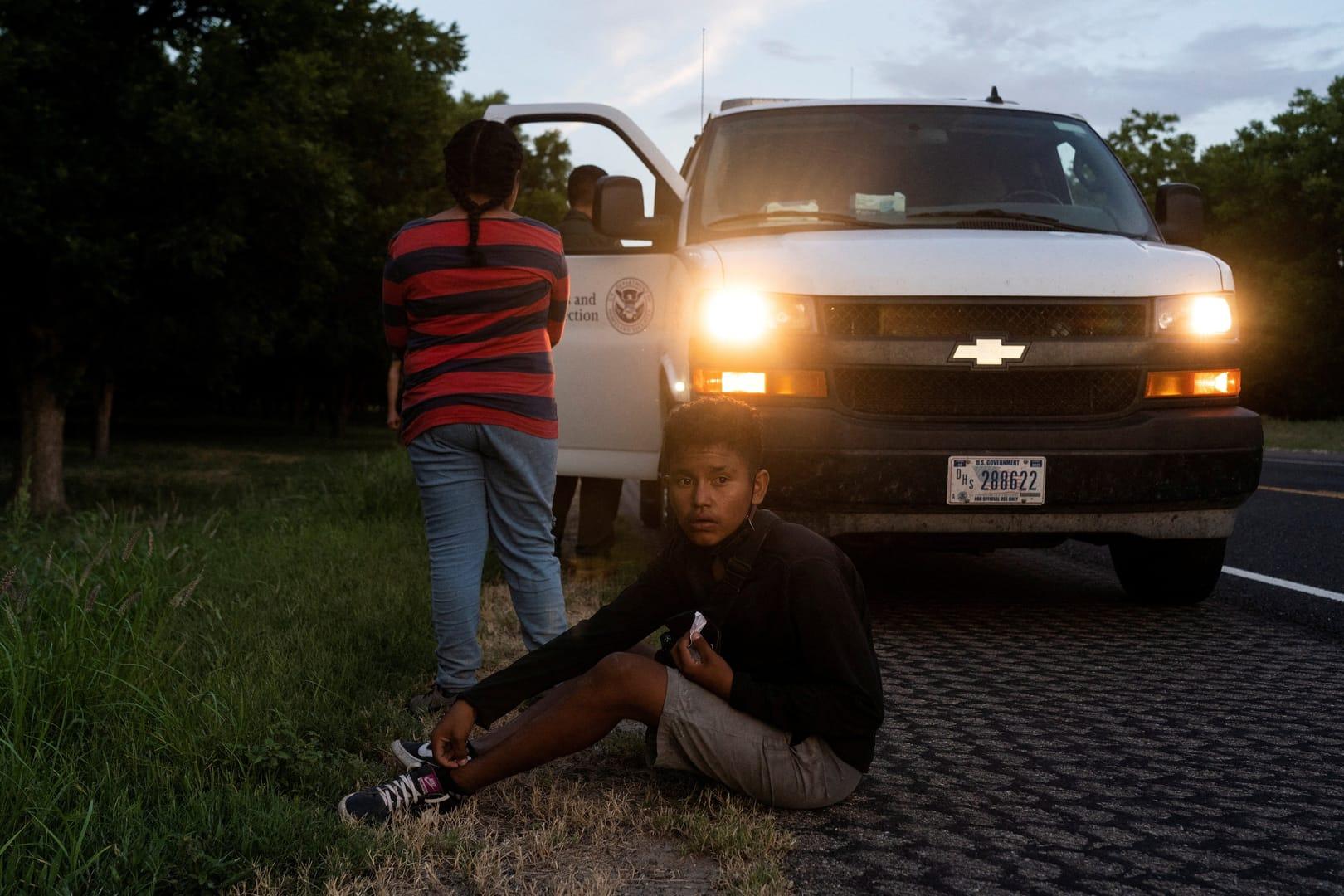NEW YORK – On a recent trip to El Paso, Texas, Sister Mary Jude Lazarus met with a 20-year-old El Salvadoran woman who broke her leg in an unsuccessful attempt to scale the U.S.-Mexico border wall. Knowing the woman’s physical challenges, Lazarus instead asked her how she was feeling emotionally.
“She teared up and she said, ‘What I need now is patience to know that I will have a better life than the one I left behind,’” Lazarus told Crux.
On another part of the trip to a migrant shelter in Ciudad Juárez, Mexico, the father of a Honduran family, which includes him, his wife, their two-month old baby and six-year-old child, explained to Lazarus that one country’s border officials during their journey led them to what they were told was a shelter, but it was actually a human trafficking scheme. They were forced to flee in the middle of the night.
Other migrants, too, spoke about challenges at different borders and the uncertainty around who to trust.
“It’s feeling so very vulnerable and running for your life, and they get to the United States and then they are turned back,” Lazarus said. “It’s amazing their resilience and the strength to continue and to know and hope that things really will turn out.”
Lazarus and the five others that made the trip south came from the Diocese of Norwich, Connecticut, a smaller diocese of about 230,000 Catholics, not generally associated with immigration.
Still, the group recognized that, as in many parts of the U.S., their existing immigrant population has grown. Led by Lazarus, the group decided it would be worthwhile to hear from migrants at the U.S.-Mexico border about their journey, situation, and needs, so they better understand how to help migrants at home.
Lazarus, the diocesan director of Hispanic ministry, said the trip illuminated the need to raise awareness.
“A great need in our diocese in this area of Connecticut is to raise awareness of the immigrant presence and needs,” she said. “There’s a big gap between what we believe and how we behave.”
Kathleen Tonry, a University of Connecticut professor and part of the Neighbor Fund nonprofit that provides legal support for asylum cases in two counties that are part of the Diocese of Norwich, added that awareness is important because the diocese is far removed from the border and peoples’ “larger stance towards immigration becomes about news from afar and kind of policy questions,” opposed to the moral and humanitarian questions that are present down south.
“To understand immigration broadly is something that I think the interior of the country and other parts removed from the border aren’t really getting,” Tonry said.
The group’s trip came at a time when record migration continues at the U.S.-Mexico border. U.S. Customs and Border Protection encountered about 207,000 migrants at the southwest land border in June, according to agency data. The number is a decrease from the approximate 240,000 migrants encountered in May, and 235,000 in April, but it marks four consecutive months of more than 200,000 encounters.
Most migrants are still expelled upon entry under Title 42.
Lazarus said she was blown away that “thousands” of migrants cross into El Paso every day. She and Tonry said they encountered Honduran, El Salvadoran, Haitian, Russian and Turkish migrants – among other countries – which “should make us aware that the U.S. is a destination from around the globe.”
“They know the laws are tighter; nevertheless, they’re taking the risk and that speaks to the brokenness, but also the desperation of these people … to think that there are thousands every day, I just can’t fathom that,” said Lazarus, who’s worked in Hispanic ministry in the Diocese of Norwich since the late 1990s.
The migrant population in Norwich includes pockets of Guatemalans, Ecuadorans, El Salvadorans, Hondurans and Dominicans. Lazarus said the two biggest needs the migrants in the diocese have are finding work and getting legal assistance with their immigration cases.
She also acknowledged that compounding the challenges is a lack of people in the diocese that advocate for migrants or work in the migration space, which brings her back to the need for raising awareness. She said one way she’s going to try and do so is by doubling the Mass for the World Day of Migrants and Refugees on the last day of September as an educational opportunity for people across the diocese.
“There are individuals who might agree with this, but it’s not happening at all because of a lack of awareness,” Lazarus said. “It’s ignorance on the part of many of our people.”
Tonry said the state of Connecticut can also help migrants with a public defender program that will lessen the cost of representation for immigration cases. “It’s something people can really get behind because it’s about simply representing people in court and letting their voices be heard,” she said.
On the bigger issue of comprehensive immigration reform, Lazarus has watched the back and forth in Congress for years to no avail. She said people need to approach immigration as both a moral issue and not focus solely on the politics.
“The bottom line in all of this is that the political stalemate over immigration has to ease up and there has to be really good legislation,” Lazarus said. “The church is saying respect the rights of the [country’s borders] and that there should be guidelines, but we can’t forget the dignity of the person.”
Follow John Lavenburg on Twitter: @johnlavenburg












